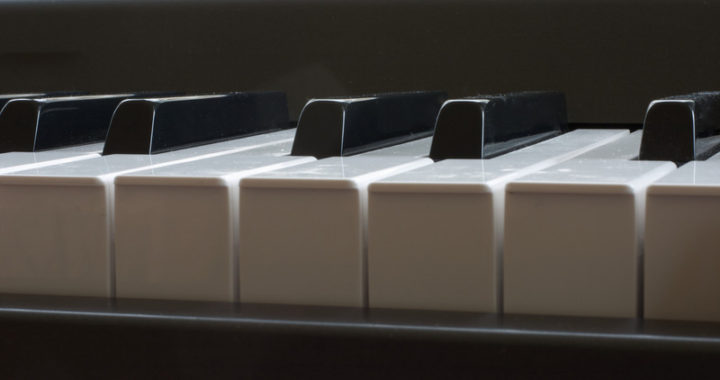It’s not unusual to notice similarities when you take a close look at the songs you’ve written over the years. You want your songs to be unique, of course, but you should be expecting those similarities. It’s all part of developing a writing style.
And it’s always been that way in the writing of music, even if you go back several hundred years. You can listen to a Beethoven piano work that you’ve never heard before, and, assuming you’re somewhat familiar with lots of his other piano pieces, notice similarities that will make you say, “Hmm, this sounds like Beethoven.”
 Following a chord progression formula ensures that your chords have a strong sense of focus and direction. Use “Chord Progression Formulas” to create dozens of your own progressions in mere moments, using some tried-&-true methods.
Following a chord progression formula ensures that your chords have a strong sense of focus and direction. Use “Chord Progression Formulas” to create dozens of your own progressions in mere moments, using some tried-&-true methods.
As I say, it’s to be expected, and not usually a bad thing. What can be a bad thing is when there are excessive similarities. When your songs sound too similar, your fan base will start to listen to a new song you’ve written, but, before it’s 30 seconds old, will feel like they’ve heard it before, and lose interest.
I’ve talked about this on my blog before, and I’ve mentioned the things you want to try, in a bid to keep your songs sounding fresh and innovative:
- Try different time signatures. 4/4 time is the most common, so once in a while try something in 3/4 time (like Alicia Keys’ “If I Ain’t Got You“).
- Try different keys. If you find everything you write is in G major because that’s an easy key to play in, that’s fine. But once you’ve written the song, try experimenting with new keys, moving it up or down. The key you write in doesn’t mean that it must be the key you perform in.
- Expand your chord palette. This often depends on genre, but learning as many different chords as possible that will still work in your key of choice is always going to be a good thing. This includes learning chord extensions, which means that in C major a IV-chord will be F, but you could also try Fmaj7, F9, Fmaj9, Fadd2, Fdim7, and so on.
- Try different instrumentations when you record it. Uniqueness isn’t just a songwriting issue, it can also be a production issue. So try different sounds, as this will help your song sound innovative and even experimental, in the best sense of the word.
And to me, one of the best ways to write songs that sound different from all the other ones you’ve written is to partner up with another songwriter, someone you really respect and trust. Working with that songwriter on partial ideas that you’ve come up with before gives you a unique solution that you likely wouldn’t have come up with on your own.
Remember, it’s only excessive sameness that’s a problem. You shouldn’t overly worry about the fact that the kinds of melodic ideas you come up with share similarities with other melodies you’ve written.Everyone has their own style.
When all is said and done, if the song you’ve written sounds too much like a different song you’ve written (or even too much like someone else’s song), using that list above should give you a starting point to editing your new song and making it sound unique and innovative.
 Written by Gary Ewer. Follow Gary on Twitter
Written by Gary Ewer. Follow Gary on Twitter
 “The Essential Secrets of Songwriting” 10-e-book bundle will show you how to write great songs, harmonize your melodies, and give you hundreds of chord progressions in the process.
“The Essential Secrets of Songwriting” 10-e-book bundle will show you how to write great songs, harmonize your melodies, and give you hundreds of chord progressions in the process.
PURCHASE and DOWNLOAD the e-books for your iPad, iPhone, laptop/desktop, or any other PDF-reading device.










